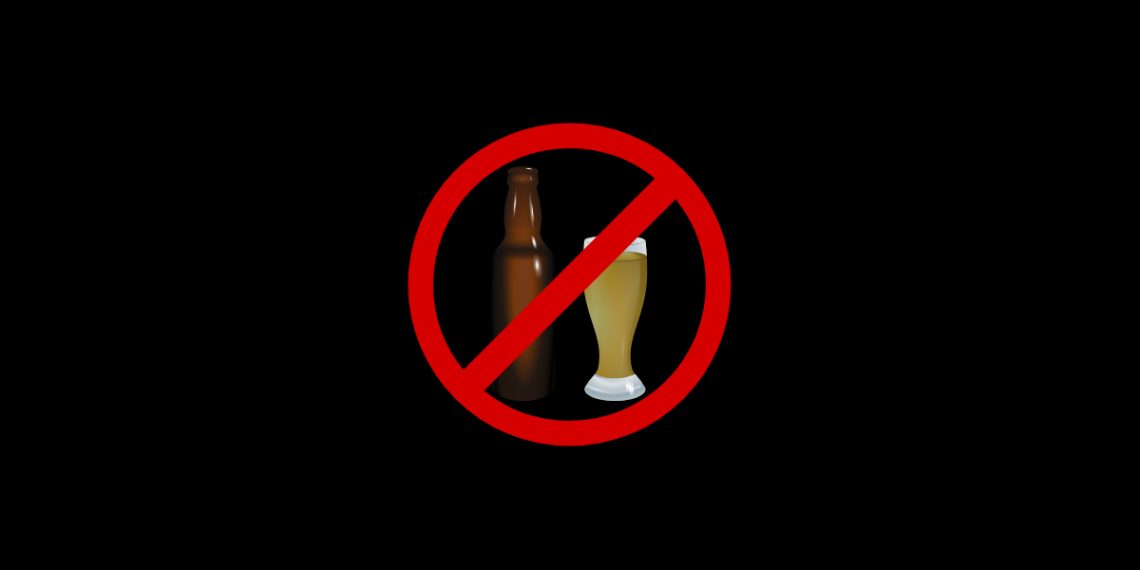Alcohol Poisoning Overview
Alcohol poisoning is a serious and potentially fatal medical emergency that occurs when a person consumes a large amount of alcohol in a short period. It overwhelms the body’s ability to process the substance, leading to dangerous levels of alcohol in the bloodstream. This can slow or stop basic life functions like breathing, heart rate, and body temperature regulation.
Unlike a regular hangover or mild intoxication,poisoning is life-threatening. It most often results from binge drinking, where someone consumes a high quantity of alcohol — especially spirits or mixed drinks — in a short timeframe. In South Africa, this is a growing concern among university students and at social events where alcohol is freely available or encouraged.
The liver processes most of the alcohol we consume, but it can only handle about one standard drink per hour. Drinking faster than the liver can cope leads to a toxic buildup in the bloodstream. This is even more dangerous when alcohol is combined with other depressant substances like sedatives, cannabis, or certain medications.
Signs ofpoisoning include:
- Confusion or inability to stay awake
- Vomiting repeatedly or severely
- Seizures
- Slow, irregular, or shallow breathing
- Pale or bluish skin
- Low body temperature (hypothermia)
- Unconsciousness and inability to be woken
It’s critical to treat alcohol poisoning as an emergency. Delaying medical intervention can lead to brain damage, coma, or death. Many people mistakenly assume someone just needs to “sleep it off” — this is one of the most dangerous misconceptions surrounding alcohol.
Understanding the causes of alcohol poisoning helps us better recognise and prevent it, especially in settings like parties, student residences, and public gatherings.
👉 [Next: Causes of Alcohol Poisoning]
Diagnosis of Alcohol Poisoning


